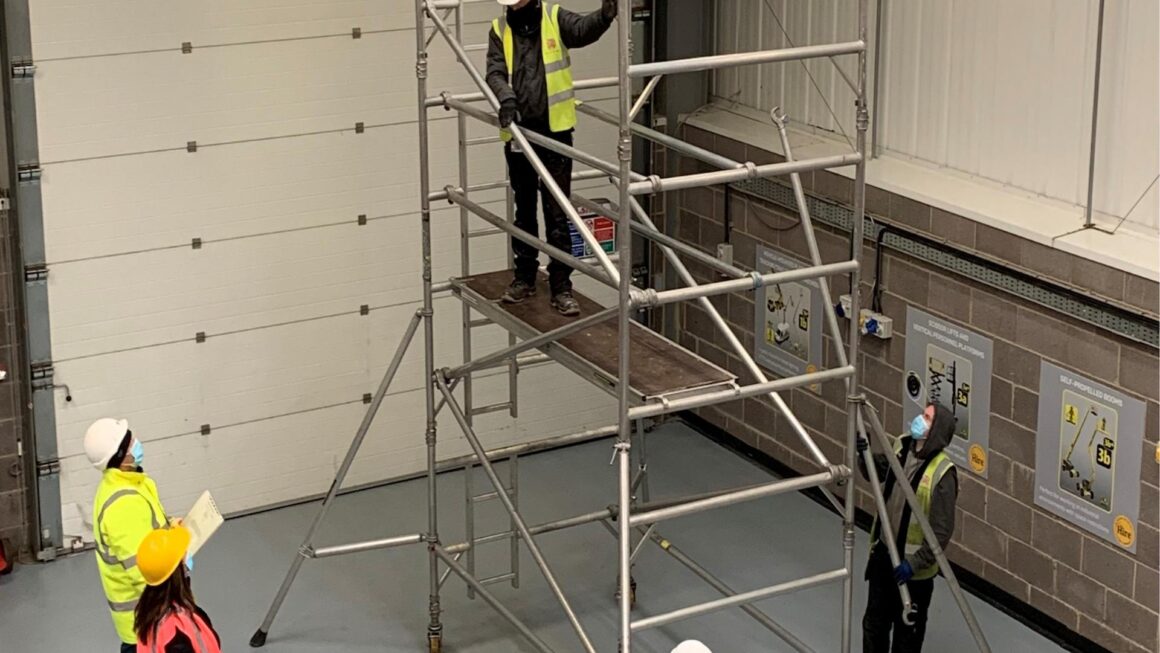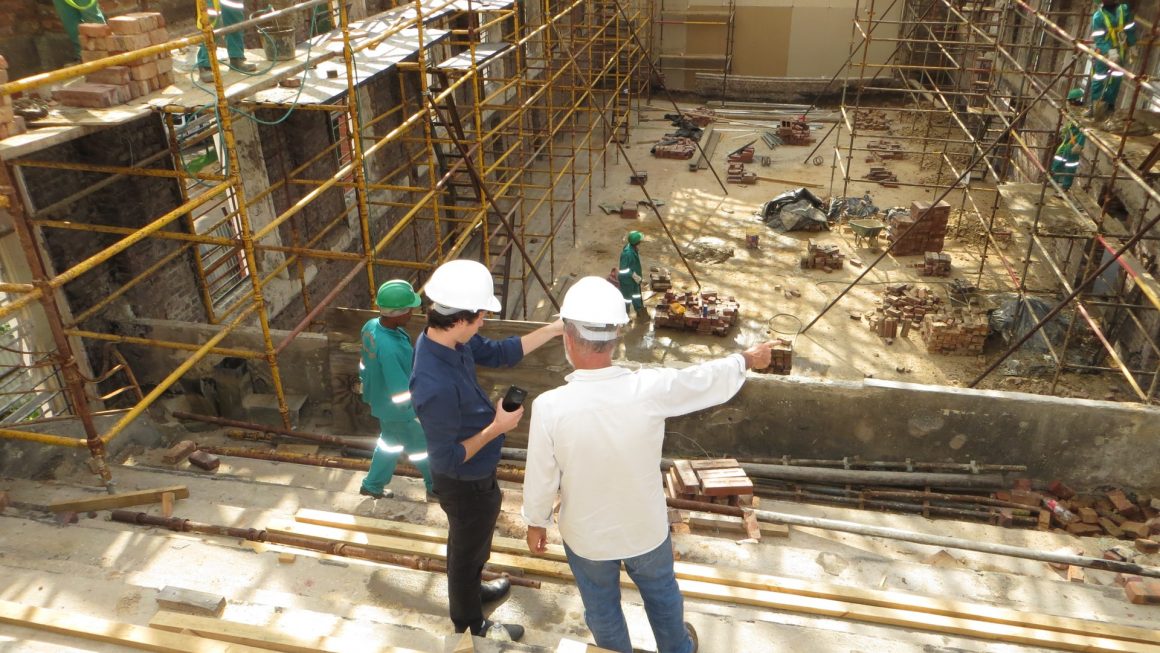Becoming a successful bookkeeper in Australia requires a combination of education, abilities, involvement, and professional improvement. However, there could be a step-by-step direction to assist you with how to become a bookkeeper in Australia.
Understand The Role Of A Bookkeeper
Familiarize yourself with the obligations and assignments included in bookkeeping. For example, bookkeepers can maintain monetary records, prepare transactions, accommodate accounts, and create financial reports.
Obtain Relevant Education And Qualifications
While formal education is not mandatory, completing a qualification in bookkeeping or accounting can provide you with a strong foundation. Consider pursuing a Certificate IV in Bookkeeping or an accounting-related degree from a recognised institution.
Develop Technical Skills
Familiarize yourself with bookkeeping software widely used in Australia, such as MYOB, Xero training, or QuickBooks. Acquire proficiency using spreadsheet applications like Microsoft Excel or Google Sheets for data analysis and reporting.
Gain Practical Experience
Practical experience is crucial for becoming a proficient bookkeeper. Seek entry-level positions, internships, or apprenticeships in bookkeeping firms, accounting departments, or small businesses to gain hands-on experience in bookkeeping tasks and software usage.
Join Professional Associations
Consider joining professional associations such as the Institute of Certified Bookkeepers (ICB) or the Australian Bookkeepers Network (ABN). These associations provide resources, networking opportunities, and access to continuing professional development (CPD) programs.
Obtain Industry Certification
To enhance your credibility and demonstrate your expertise. In Australia, certifications such as Certified Bookkeeper (CB) or Registered BAS Agent (if you provide BAS services) are highly regarded.
Understand Taxation And BAS Requirements
Familiarize yourself with the taxation system in Australia, including Goods and Services Tax (GST) and Business Activity Statements (BAS). If you plan to provide BAS services, ensure you meet the qualifications and registration requirements of the Tax Practitioners Board (TPB).
Stay Updated With Regulatory Changes
Stay informed about accounting standards, tax regulations, and compliance requirements updates. This includes subscribing to industry publications, attending relevant seminars or webinars, and engaging in ongoing professional development.
Develop Soft Skills
Bookkeepers need strong communication skills, attention to detail, organisational abilities, and the ability to work with numbers accurately. Focus on developing these soft skills, essential for maintaining client relationships and managing bookkeeping tasks.
Market Yourself
Establish an online presence by creating a professional website or LinkedIn profile that showcases your skills, qualifications, and experience. Network with local businesses, attend industry events and leverage social media to promote your services and build a client base.
Consider Specialization
As you gain experience, consider specialising in specific industries or niches, such as retail, hospitality, or nonprofit organisations. Specialising allows you to develop industry-specific knowledge and tailor your services to meet clients’ unique needs in those sectors.
Maintain Professional Development
Commit to ongoing professional development to stay upgraded with industry patterns, modern innovations, and best practices. Go to workshops, webinars, and conferences, and engage in self-directed learning to improve your abilities and information.
Remember, bookkeeper requirements and regulations may vary depending on your location within Australia. Therefore, it’s essential to familiarise yourself with state-specific rules and comply with licensing or registration requirements.
Building a successful bookkeeping career takes time and dedication. Continuously strive to improve your skills, provide exceptional service to your clients, and stay abreast of industry changes to achieve long-term success in bookkeeping in Australia.




